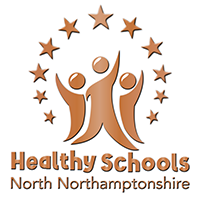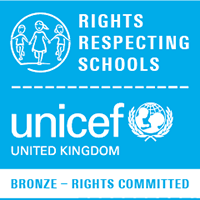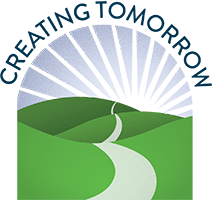| Communication |
- Non-Verbal.
- Objects of Reference.
- Big Macks / Switches.
- Eye Gaze Systems.
|
- Non-Verbal.
- PECS.
- TOBI, Objects of reference, symbols.
- Sign language.
- Speech buttons.
- Schedules.
- Choice boards.
- Social stories.
|
- Verbal.
- Supported by AAC devices.
|
| Independence |
- Will experience and be supported for their learning.
|
- Will experience and be supported for their learning.
- Independence can be shown with structure and routine.
|
- Experience and support for learning.
- Can be independent for activities.
- Some will be able to maintain their skills.
|
| Social Skills |
- Awareness of others but minimal interaction with others.
|
- Awareness of others.
- Help to interact.
- Support to learn to play.
- Limited interest and ability to play independently.
|
- Working through stages of play.
- Help to interact.
- Independent play with others.
|
| Self-Help |
- Full support with personal care.
- Full support with eating.
|
- Full support with personal care.
- Monitored personal care.
- Support with eating.
- Monitored when eating due to allergies.
|
- Monitored personal care.
- Independent personal care.
- Support with eating.
- Independent eating.
|
|
Cognitive Age Range
Wren Levels
(Communication)
|
W1-W2
(0-11 months)
|
W1-7
(0-36 months)
|
W1-15
(0-60 months)
|
| How we learn |
- Repetition.
- Learning through Play.
- Sensory Process Learning.
- Real Life Experiences.
|
- Through sensory stories and activities.
- Social stories.
- Attention Autism.
- Practical situations.
- Interest-centred work.
- Backward chaining.
- Problem-solving.
- Modelling.
- Use of “now and next” schedules.
- Use of SCERTS boards.
- Memory building.
|
- Repetition.
- Practical Activities – ‘doing’.
- Real Life Experiences.
- Modelling.
- Scaffolded Tasks.
- Working with Peers.
|
| Destinations |
|
- Social Care setting.
- Educational setting.
|
- Social Care setting.
- Educational setting (College).
- Day Services.
- Volunteering.
- Supported Internships.
- Employment.
|






